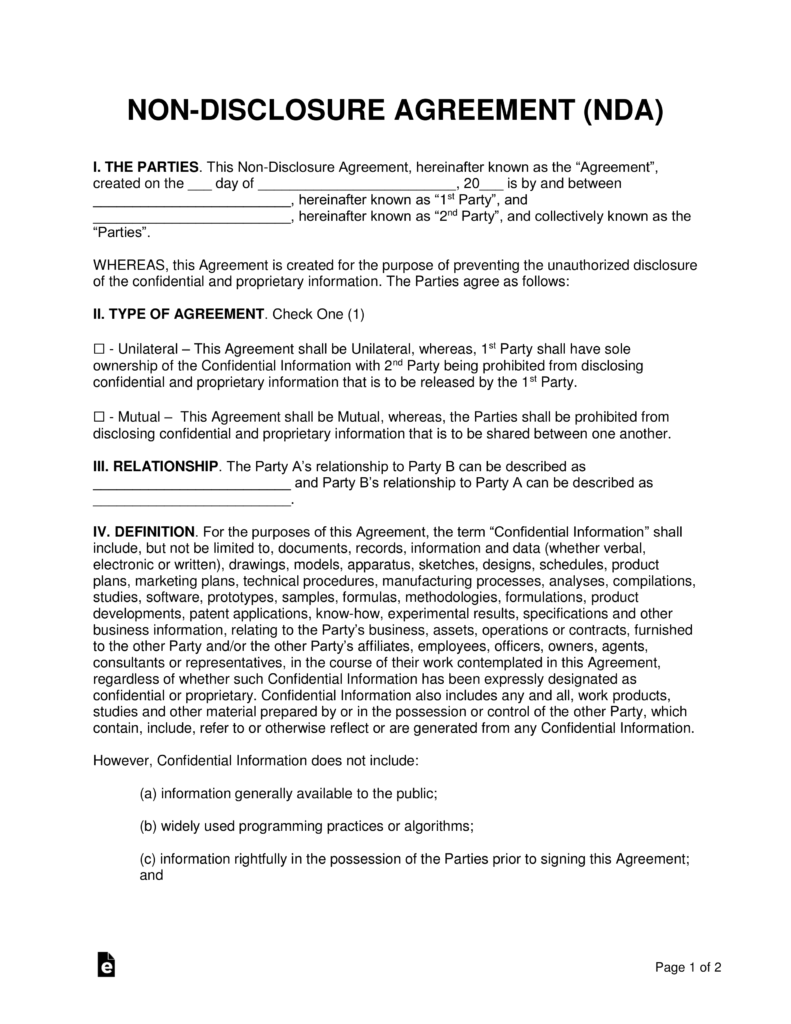Section 21 Notice - For Wales
This legal notice lets tenants know that their tenancy is going to terminate and that their landlord wishes to enforce their automatic right to take repossession of the property

Create a Document in 3 Easy Steps
1. Get Started
Choose Your Form or
Location to Begin
2. Answer Questions
Complete Your Document in Minutes
3. Download Document
Download and Print your PDF
We are advising that all landlords currently suspend or delay evictions during the Covid-19 pandemic in accordance with Government Guidance.
Any eviction proceedings issued are done at your own risk and discretion.
For use in Wales only.
Landlords and letting agents must follow the appropriate rules and procedures specific to Wales if they wish to evict tenants living in a privately rented property in Wales.
This legal notice lets tenants know that their tenancy is going to terminate and that their landlord wishes to enforce their automatic right to take repossession of the property.
All landlords seeking to gain repossession of any properties under an Assured Shorthold Tenancy (AST) should use this Section 21 notice.
Correct use of this Section 21 notice by landlords helps to ensure any repossession of a property is done safely and legally.
When do you need to use a Section 21 notice?
Use a Section 21 notice:
- For property leased on an Assured Shorthold Tenancy;
- When you wish to repossess a rented property where the tenant is not at fault;
- When the tenant’s deposit has been correctly held in a Government-backed Tenancy Deposit Scheme (TDP);
- When the tenant has been given all the required recommended information;
- When the property is a HMO (Property in Multiple Occupation) and has been properly licensed;
- For all properties situated in Wales only.
What does a Section 21 notice cover?
Section 21 notices cover:
- Intention to terminate an Assured Shorthold Tenancy;
- The name(s) of the tenant(s);
- Repossessing the rented property;
- The last day of the tenancy;
- How much notice the landlord gives the tenant;
- The date the tenant is required to leave by.
What is a Section 21 notice?
A Section 21 notice is an official notification given by a landlord to a tenant indicating their intention to reacquire possession of the property at the end of the tenancy.
It is commonly used when evicting tenants when they are not at fault.
And can also be known as Eviction Notices, Notices to Quit or a Notice Seeking Possession.
Do you need a Section 21 notice?
If a landlord wishes to evict their tenant(s) and repossess the property, it is required by law to serve the tenant with a Section 21 notice. This means that the landlord has to give the notice to the tenant or post it.
Serving this notice is a crucial first step when initiating the eviction process.
Once the Section 21 notice is ready to be served on the tenant, the landlord should write on the notice itself “served by [name] on [date]”. It is also advisable to complete a Court form confirming that the notice has been served. This is called a ‘Certificate of Service”. This Court form does not need to be sent to the Court immediately, but can be used in possession proceedings if the tenant fails to vacate the property by the date specified in the Section 21 notice.
How does the Coronavirus Act 2020 affect me?
The Coronavirus Act has extended the required eviction notice period to six months if notice is given to the tenant on or after 29th August 2020.
If the tenants do not leave the premises by the specified date in the notice, then landlords are permitted to appeal to Court for a Possession Order. Landlords cannot force the tenants to leave the property without this Court Order.
All eviction proceedings, however, are currently postponed because of the pandemic. Landlords are not to continue or initiate any eviction proceedings during this period without sound justification, such as:
- someone is living there illegally;
- antisocial behaviour by the tenant;
- tenant gave a false statement;
- tenant owes six or more months’ rent
Who is covered by the Coronavirus Act 2020?
All tenants and licensees protected under the Protection from Eviction Act 1977 will too be covered by the Coronavirus Act 2020; this includes the majority of tenants in social housing or residential properties and some licensees but omits any lodgers, temporary holiday renters, and asylum seeker accommodations.
What happens if I issued an eviction notice before the Coronavirus Act 2020 was put in place?
As all court proceedings are postponed until the 25 June, you are not permitted to continue or initiate any eviction notices at the moment without sound justification.
Though eviction notices issued before the 27 march are not to be affected by the requirements of the Coronavirus Act 2020, they are still subjected to a 90-day postponement.
And so, landlords should be considerate of the individual tenants’ situation and not expect them to move out without reason.
When am I allowed to serve the Section 21 notice?
The period in which the Section 21 notice is given in is dependent on the type of tenancy.
If a landlord wishes to serve the Section 21 notice during the current pandemic, the landlord is required to give at least six months’ notice regardless of the type of tenancy, due to the Coronavirus Act 2020.
When should I serve Section 21 Notices for fixed-term tenancies?
You are permitted to serve the eviction notice during the fixed-term either if there is a provision in the tenancy agreement that allows a party to terminate the tenancy early (also known as a “Break Clause”).
Or if the eviction notice expires after the fixed-term period ends.
When using the Break Clause, the eviction notice has to be served two months before the Break Clause date. For example, if there is a six-month break clause, the eviction notice can only be served at four months.
When should I serve Section 21 Notices for periodic tenancies?
Landlords can serve eviction notices at any time for periodic tenancies, as long as the notice is within a reasonable time period and contains all information required by law.
How long is the Section 21 valid?
This notice can be valid indefinitely unless the landlord takes actions that imply the continuation of the tenancy.
For example, if they form a new tenancy agreement or establish a raise in rent paid.
What information do I need to know before I serve a Section 21 notice?
After the 23 November 2016, all landlords are required to both be registered and have either a license or use a letting agent licensed by Rent Smart Wales.
Landlords will not be permitted to serve a Section 21 notice if they do not have a license or are not registered with Rent Smart Wales.
Landlords protect the tenant’s deposit under a TDP (Government-backed Tenancy Deposit Scheme).
If the tenants’ deposit has not been secured under a TDP scheme within 30 days of receiving it and/or the tenant has not been provided with the relevant information, the landlord will not be entitled to evict the tenant under the Section 21 notice.
Landlords are also required by law to ensure that they have provided all tenants with any necessary up-to-date gas safety certificates and an EPC (Energy Performance Certificate).
The notice must be served at least two months in advance from the eviction date.
As of 1 September 2019, landlords are also required to return to their tenants any ‘Prohibited Payments’ taken before they can give the tenant a Section 21 notice.
Prohibited payments are any unlawfully paid bribes, charges, fees, or deposits paid to the landlords for tenancies begun after 1 September 2019.
What happens if I have not provided the tenant with the relevant documents?
Landlords will not be allowed to the Section 21 notice until all of the proper documentation has been presented to the tenant.
Once you have given the documents to the tenant, you can issue a Section 21 notice.
What do you do if there are multiple tenants?
Section 21 notice must include the names and addresses of all the tenants living on the premises and named on the tenancy agreement.
Do I have put the tenant’s deposit in a government scheme?
Yes. If the tenant gave you a deposit before the start of the tenancy, you are required to place it in a Government-backed Tenant Deposit Scheme.
If the deposit has not been protected under this scheme, and/or the proper information was not given to the tenant, the landlord is not permitted to issue the Section 21 notice.
For more information on this read Deposit Protection Schemes.
For more advice
Ask a lawyer if:
- Your property is not a residential property.
- the property resides outside of Wales .
- The tenant’s deposit was not protected under the government-backed Tenancy Deposit Scheme.
- You are not sure on what type of tenancy is in place.

